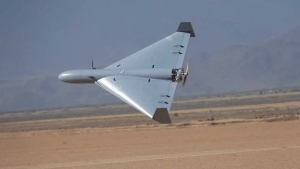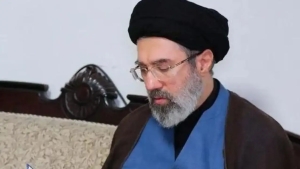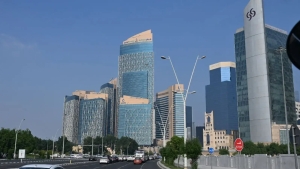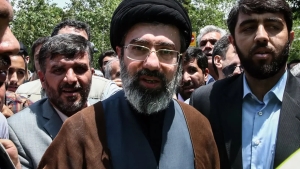Orban: Russia cannot threaten the EU and NATO
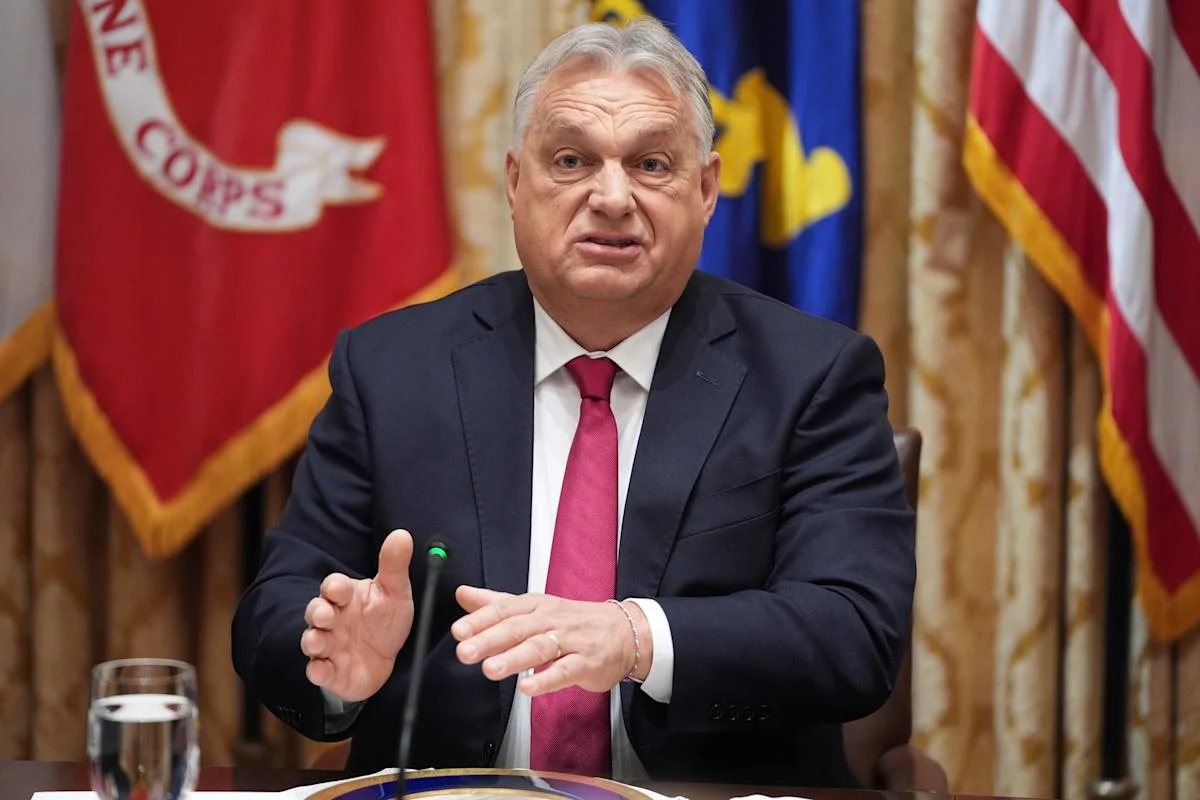
Hungarian Prime Minister Viktor Orban openly stated that he does not take seriously the concerns about a possible attack from Russia by the European Union and NATO. This was reported by Zamin.uz.
In his opinion, such assumptions are not based on reality and are even laughable. Orban emphasized that Russia's economic and military power is much weaker compared to the EU and NATO.
He noted that the population of the European Union exceeds 400 million, while Russia's population is three times smaller. He also reminded that the combined military potential of the 27 EU member states surpasses that of Russia.
Using the situation in Ukraine as an example, Orban highlighted that Russia has not been able to fully occupy Ukrainian territory in the last three years. According to him, if Russia is facing such difficulties in fighting Ukraine, it is unlikely to pose a threat to the whole of Europe.
Nevertheless, Orban added that a potential defeat of Russia could pose a serious threat to international security. He emphasized that the defeat of a nuclear state in war could increase the risk of nuclear weapon use.
Additionally, Orban criticized the European Union leaders' policy regarding the war. He accused German Chancellor Friedrich Merz of siding with the war and stated that he himself has taken steps serving peace.
Orban stressed that time is on Russia's side, while the EU is lagging behind. During the podcast, Orban spoke warmly about Germany's former Chancellor Angela Merkel.
He noted that he often shared the same views with Merkel on issues of peace and cooperation at EU meetings, although there were differences on migration and environmental issues. He humorously recalled that Merkel sometimes spoke to him in a stern tone.
Changes in Russia's nuclear doctrine were also mentioned. According to a new document signed by Putin in 2024, the actions of a non-nuclear state together with a nuclear state against Russia are also considered a nuclear threat.
Orban's statements caused a significant resonance in European politics and further intensified heated debates on regional security issues.


